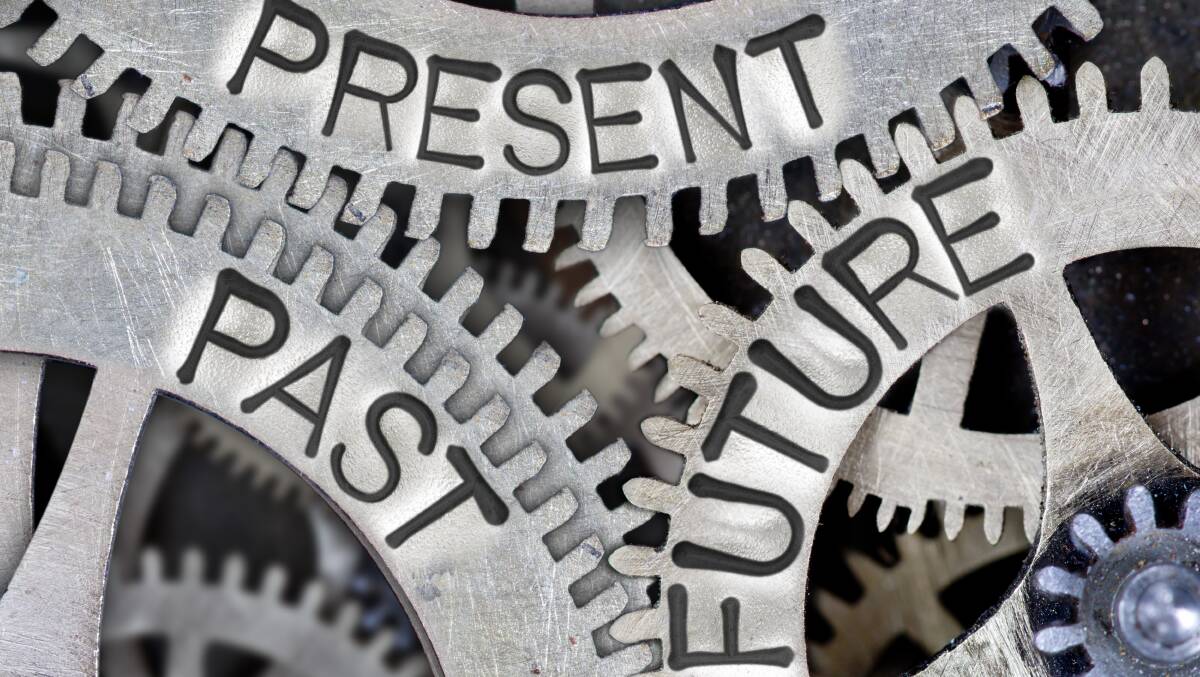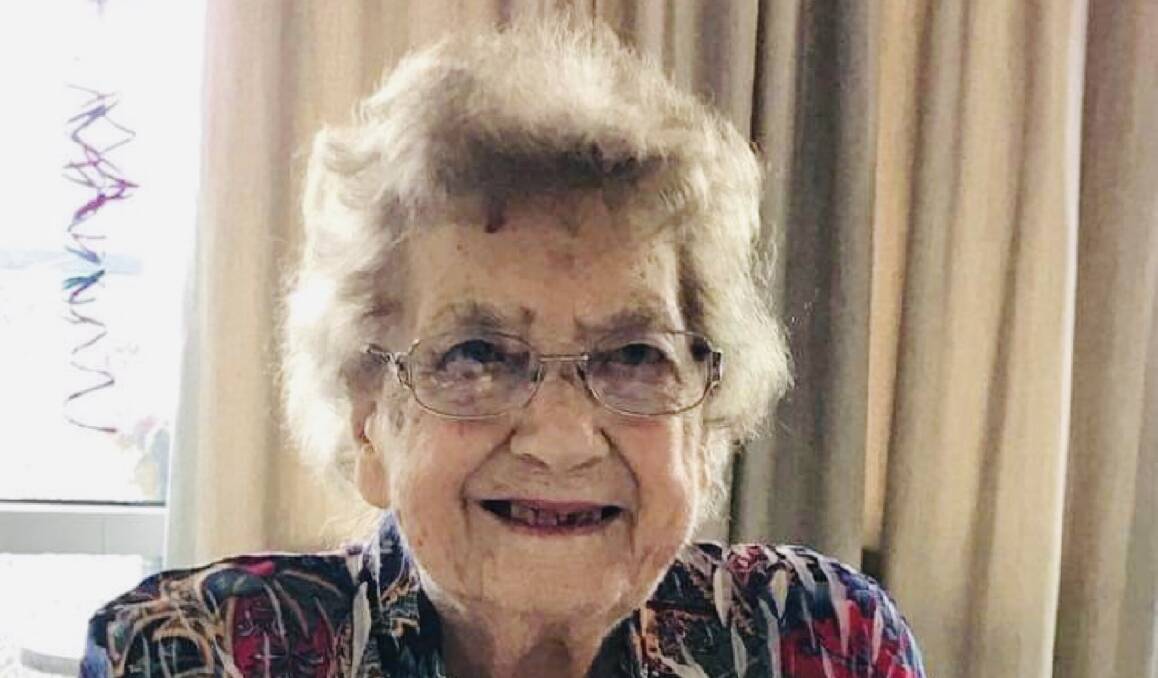
Last week, my grandmother, Pauline Kermode, turned 100 years old and I've been thinking a lot about what she has seen over her century of life.
She was born in England four years after the end of WWI, grew up in the roaring 20s and through the Great Depression of the 30s, before being called up to the British Army when WWII broke out, where she served as a pay clerk.
My grandfather (who served in Europe throughout WWII and later with the Small Arms School Corp as a Quarter Master Sergeant Instructor) taught her to shoot and she became a crackshot - even better than Grandad - and he loved to invite Nan to show up his men on the shooting range.
One of my favourite stories about her is how she attended a fair and had a go at one of those rifle shooting games where the ducks flop down if you hit them.
However, she noticed that the rifle wasn't sighted properly, so she stripped it, fixed it and then knocked all the ducks down one after another. The stall worker told her she could have the biggest prize he had if she didn't come back.
My Nana has always been pretty cool.
She was born before the Equal Franchise Act (1928) came to fruition in Britain which gave women the national right to vote after the age of 21, before "talkies" at the movies, penicillin, sliced bread, and jet engines.
She is older than the ballpoint pen, helicopters, frisbees and Velcro.
She got to see Neil Armstrong land on the moon, the Hubble Telescope, and the internet become a thing.
She lived without a phone even in her home throughout her childhood and much of her adulthood, before having a phone at home and using it to call the operator for connection, then having a dial phone, then a digital push button phone, then a portable and a mobile phone.
Now she is able to FaceTime her family from anywhere in the world on an iPad.
READ MORE:
Nan moved to Australia with Grandad in the early 1970s for "five years," and 50 years later, she's still here.
She's travelled back to England frequently as well as seeing Canada, Europe, the Greek Isles and New Zealand. She really has lived over the last 100 years.
Since 1922, the world has seen many dark days and bright moments.
We've been to hell and back on battlefields (and in many parts of the world, we are still fighting each other), and we've been to the brink of nuclear disaster. More than once.
We've made huge leaps forward in technology and industry, and the way we can connect and communicate now has closed the gap between far away places where oceans had previously been gatekeepers.
Now, the gatekeepers are our wallets and service providers - we can have access to all year round comfort with heaters and air conditioners, clean running hot and cold water, electric lights and insulated housing ... if you are wealthy enough to pay for it.
We now have penicillin, MRI machines, CT scanners - all the high-tech medical equipment and medications to ensure the population remains healthy - but 1.5 million Australians can't access it even today.
Medicare is another thing Nan saw introduced, but when you can't afford the gap between the specialist fee and the Medicare rebate, it's as inaccessible as if you had to pay the full fee.

When you are waiting for exploratory surgery to find a diagnosis as a public patient for 18 months, but for a private patient it's a matter of weeks (or days), then it's not accessible. Having the inventions and developments mean nothing if they are only available to a select few.
We have seen so many changes in the last hundred years, but the fundamental failings of humanity remain constant.
Elitist greed for profit keeps the "little guy" under the thumb of the wealthy. Maybe a leopard can't change its spots.
But Nan has never been one to dwell on the negative. "There's no point worrying," she'd say. "Do the best you can with what you've got, and change the world one day at a time."
So, happy 100th birthday, Nana. You've seen the world change at a speed never before seen.
I can only wonder at what the next century will bring. But one thing's for sure: to me, sliced bread is the best thing to happen since you.
- Zoë Wundenberg is a careers consultant and un/employment advocate at impressability.com.au, and a regular columnist. Twitter: @ZoeWundenberg


